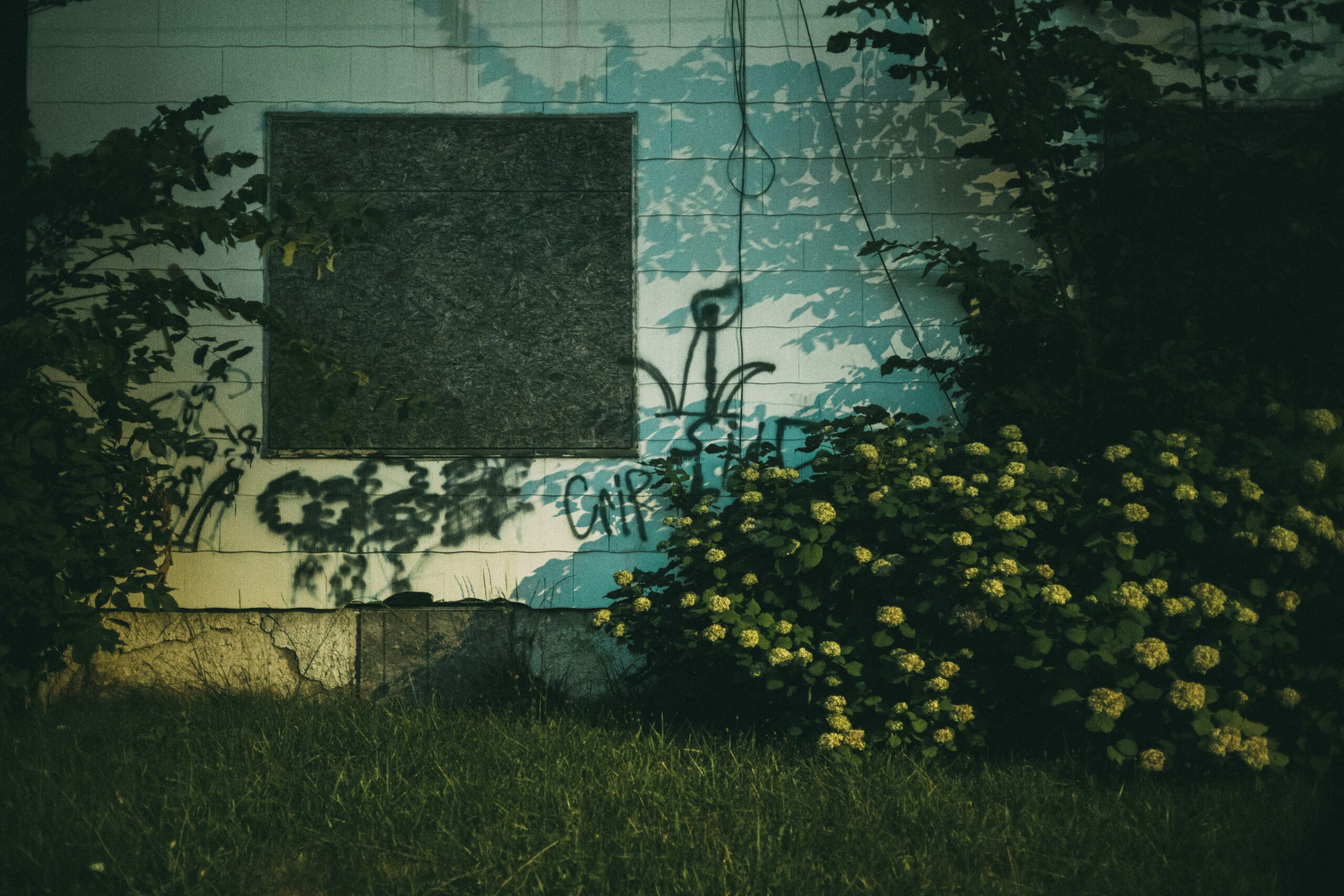Gang violence has long been a persistent issue in modern society, with far-reaching consequences for individuals, communities, and the overall fabric of our communities. This article aims to explore the negative impacts of gang activity and why it is incompatible with the values and progress of our modern society.
One of the most significant reasons why gang violence is detrimental to modern society is the threat it poses to public safety. Gangs often engage in criminal activities such as drug trafficking, extortion, and violent crimes, which not only endanger the lives of their members but also innocent bystanders. The fear and insecurity caused by these activities create an environment that hinders social development and economic growth.
Furthermore, gang violence perpetuates a cycle of poverty and inequality. Many individuals are drawn into gangs due to a lack of opportunities, limited access to education, and systemic disadvantages. By engaging in illegal activities, they further marginalize themselves and their communities, hindering their chances of breaking free from the cycle of poverty.
The impact of gang violence extends beyond the immediate victims and their communities. It also strains the resources of law enforcement agencies, diverting their attention and efforts away from other pressing issues. This can lead to a breakdown in trust between law enforcement and the community, making it more challenging to prevent and solve crimes.
In order to address the issue of gang violence, it is crucial to focus on prevention and intervention. Providing at-risk individuals with access to education, job opportunities, and support systems can help break the cycle of violence and provide a path to a more productive and positive future.
In conclusion, gang violence is incompatible with the values and progress of modern society. It poses a threat to public safety, perpetuates inequality, and strains resources. By addressing the root causes and investing in prevention and intervention, we can work towards creating safer and more inclusive communities for all.
